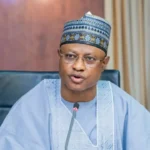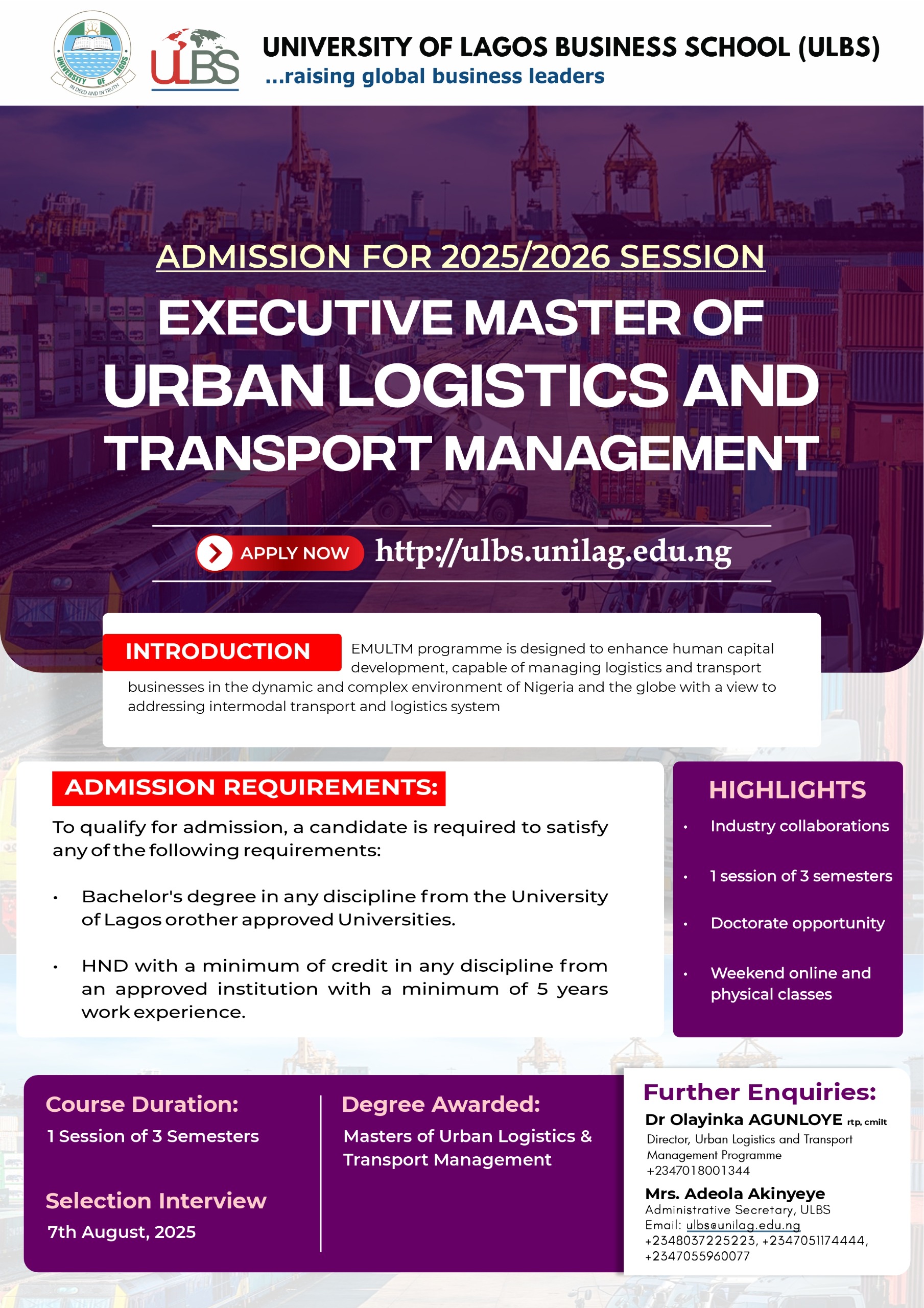Olusegun Ariyo
Contents
Demand for rapid development or urbanisation has some consequences for future generations by way of enhancing the aesthetic value of the environment and the socio-economic empowerment of the people.Critical evaluation of the actions of government reveals, in most cases, a public rejection of its activities purportedly meant to add value to governance. With reference to some National Environment Disaster like the Ogunpa and Ojirami dam in the 1980s in the old Oyo and Bendel states respectively, the ongoing issues surrounding the Lekki-Epe project, and the recent flooding in Sokoto, Adamawa, jigawa estates, etc., have again brought to the fore, government’s affront in undermining the imperative of public opinion in conducting feasibility studies, project designs, and implementation.The document that has significantly highlighted the importance of open participation with recourse to project proponents as a way of developing a strategy is the Environmental Impact Assessment.In the lexicon of environmentalists, the Environmental Impact Assessment refers to the evaluation of the effects likely to arise from a major project, or the action significantly affecting the natural and man-made environment. Consultation and participation are integral to this. The EIA is one of the cornerstones of European Community laws on the protection of the environment. It is now seen by the courts not only as a technical means of assisting expert decision-making, but as an important guarantee of the Democratic right of the public to be informed about the potential environmental consequences of decisions which may affect them or their surroundings. To understand the implications of those effects and how they may be avoided or mitigated, and the understanding surrounding inclusivity in this process by expressing their own views, in principle, EIA should lead to the abandonment of environmentally unacceptable actions and to the Point of acceptability of the environmental effects of proposals which are approved.EIA is perceived by public policy makers as a process and procedures that cannot deter actions with significant environmental impacts from being implemented. It is rather conceptualised as those actions authorised in the full knowledge of the environmental consequences. In the context of the political realm, it is inevitable that economic, social, or other considerations will outweigh environmental factors in many instances.Inclusive participation has been established as an essential part of the EIA process since its inception in the United States of America. Virtually without exception, where EIA has been adopted around the world, the public participation requirement has been incorporated. While some systems pay lip service to involving the public, there is a greater pressure in democratic societies to deliver on the participation requirement, set in the context of increased requirements for environmental information provision and availability to the public in regulation and improved information technology. Together with enhanced public involvement and participation in a number of different contexts, public participation within EAI is both a component and a reflection of the wider general development of public involvement in decision-making. The EIA directive has moved from requiring consultation prior to project initiation to requiring it before development consent is granted. Additional requirements for information provision have also enhanced the role of public involvement in the process.The principal international treaty and most comprehensive legal instruments relating to inclusive involvement are rooted in the Aarhus Declaration (1998). Its signpost includes access to information, inclusive participation in decision-making and access to justice in environmental matters. This treaty describes how public participation should work in cases of decision making, and states that inclusive participation should be effective, adequate, formal, and provide for information, notification, dialogue, consideration and response. Specifically, requirements for early and effective participation are likely to be interpreted as a requirement to involve the public in the EIA process much earlier than current regulations demand and current practice allows.Effective inclusive participation within the EIA process offers a number of advantages to the proponent, the authorities and the public. It can contribute to the successful design, implementation, operation and management of a proposal; provide a valuable source of information on key impacts, potential mitigation measures, aid identification and selection of alternatives; also, it can provide a mechanism that ensures the EIA process is open, transparent, robust and characterised by defensible analysis.The essence of inclusive participation is to inform stakeholders about the proposal and its likely effects; canvass their inputs, views and concerns, and take account of the information and views of the public in the EIA and decision-making. The objectives of a public participation programme will differ from one project to another and according to the intentions of the developer, but they can include the following: obtain local knowledge that may be useful for decision making, facilitate consideration of alternative, mitigate measures and tradeoffs; ensure that important impacts are not overlooked and benefits are maximized, reduce conflict through the early identification of contentious issues; provide an opportunity for the public to influence project design positively thus helping to create a sense of ownership of the proposal; improve transparency and accountability of decision making: and to increase public confidence in the EIA process.The emergence of environmental impact assessment in Nigeria is evolutionary, similar to that in developed and other developing countries. The National Development plan guidelines between 1981 and 1986, for instance, required that “feasibility studies for all projects, both private and public, be accompanied by environmental impact statements.” In like manner, the second session of the National Council on the Environment issued a communiqué which in part “recognized that EIA is an indispensable prerequisite for effective implementation of the Nation Policy on the Environment for sustainable development and directed that with effect from March 1991, EIA becomes a prerequisite for all development projects (public or private) and urge Federal Environmental Protection Agency (now NESREA) to establish without delay, EIA guidelines and procedures for operation in all the states of the federation and Abuja.”The National Industrial Policy (1988) in its uniqueness in the evolutionary process also contains a proposal for compelling developers to conduct EIA studies as a precondition for establishing new Industries. Even bilateral and multilateral donor agencies, including the World Bank, have also made the requirement of ETA mandatory before providing funds for project development in Nigeria.The NEIA itself is replete with sections imposing fines and penalties to enforce compliance.Section 2(1) of the Act provides that, “The public or private sector of the economy shall not undertake/embark or authorise projects or activities without prior consideration at an early stage of their environmental compliance”. Section 4 of the Act provides for the minimum content of an EIA to include a description of the proposed activities, of the practical activities as appropriate, measures available to mitigate adverse environmental impacts of the proposed activity and assessment of those measures, etc.It is gravely disappointing that various tiers of government in Nigeria and influential multinational corporations operating with the connivance of unscrupulous public officials have circumvented the Nigerian Environmental Impact Assessment Act and rendered it ineffective, like other Acts or Laws.In so doing, the consequences have been serial unmitigated disasters in Ogunpa (Oyo), Ojirami(Bendel/Edo), Sokoto, Jigawa, and Adamawa states, and perennial flooding. The Aluminium Smelting Company of Nigeria (ALSCON) was also a case in point. The company’s EIA report had highlighted the various repercussions on dredging ignored an EIA report on its proposed dredging of the Imo River. To be specific, when the Imo River overflowed its bank, Queen’s town did not put in place the recommended mitigation measures. The state was ravaged by the flood. This backdrop, late Dr Gamaliel Onosode’s admonition over the obvious violation of the process and procedures of the Nigerian Environmental Impact Assessment, is apt. In “critical matter concerning the dredging of the lower Niger” 1991, he berated public office holders when he said, “The proposed dredging of the lower River Niger offers a major challenge to policy makers in ensuring that potential environmental and socio-economic effects of such a large scale project are contained, that we are slow to recognize that properly planned development with active participation of the people could considerably facilitate the resolution of the conflicts inherent in environmental decision making, and for large-scale projects, like listening to public opinion and local non-governmental organizations at an early state is a good way to avoid crisis and conflict.” This caution, expressed a decade ago, unheeded by the government and its agencies, manifested by way of protests in the public, the purported beneficiary of good governance in several ways. In Lagos State, the controversy has been that the Lekki-Epe concessionary project would have negative socio-economic effects on the residents of the area. A timely Inclusive participation in such a viable project would have steamed many of the grievances that have been brought to the fore. More worrisome is the proposed demolition of Okrika Waterfront by the Rivers State Government, a controversy that has dangerously assumed political propensity; the demolition of residential buildings for infrastructural development before compensation by various state governors.In view of the controversies that trail many of the purported dividends of democracy and the proposed amendment of the EIA, caution by Late Dr Onosode on the necessity of inclusive participation, effective enforcement, and compliance of the new Act are a sine qua non to mitigating against perennial disasters and protests while achieving the much-needed infrastructural breakthrough with an unhindered socio-economic development in 21st-century Nigeria. Olusegun Ariyo is PhD Student From the Faculty of Social Sciences, Department of Geography,Lagos State University. dudumania4life@yahoo.com.au








